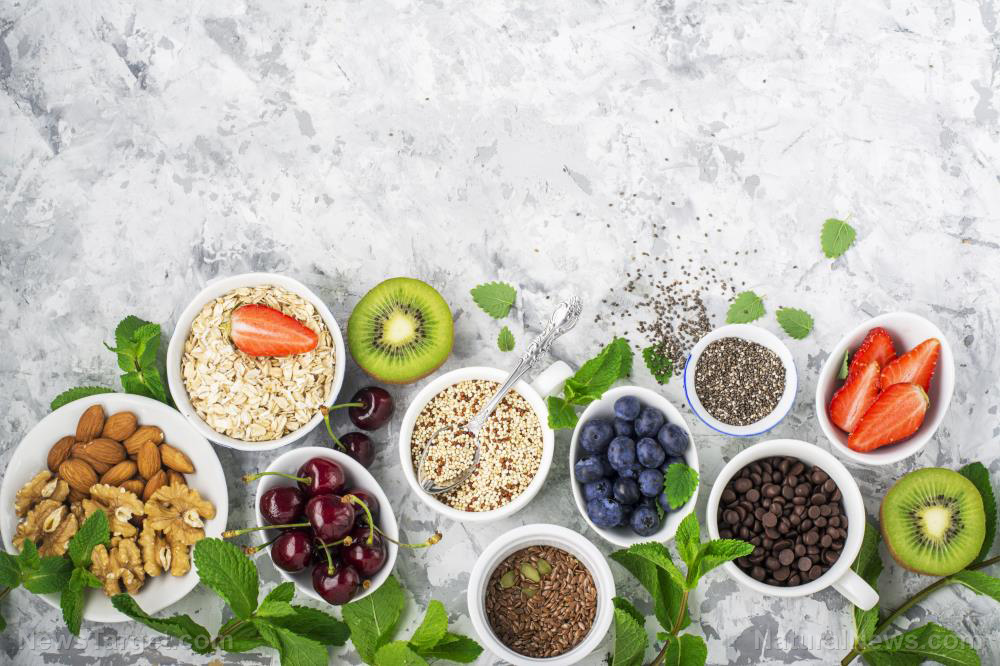Getting your leafy greens every day slows brain aging by a decade or more, scientists discover
03/07/2019 / By David Williams

It’s no secret that the food you eat plays a part in determining your overall health. If you eat junk food and other non-healthy food items, you can expect to suffer from some negative effects. But if you have a healthy, balanced diet, then the opposite happens: You get tremendous health benefits such as improved memory, increased resistance to diseases, and having a better feeling in everything.
New research conducted on individual cognitive function under a healthy diet explores the link between green leafy vegetables and the perceived age of the brain. To be more specific, a group of experts recently performed a study that looked at the food intake of a group of people, particularly with green leafy vegetables, and measured the rate of their cognitive decline. What they found was that those who consumed around one to two servings per day were enjoying a slower rate of cognitive decline, and were in fact able to perform cognitive abilities at a level equivalent to that of individuals 11 years younger.
This is in comparison with people who rarely or never consumed green leafy vegetables, all of whom reportedly showed worse brain health. The study notes that the consumption of green leafy vegetables may slow decline in cognitive abilities usually associated with older age, perhaps due to the neuroprotective actions of lutein, folate, beta-carotene, and phylloquinone. This means that the addition of a daily serving of green leafy vegetables to one’s diet could be one of the simplest ways to improve brain health.
Dr. James Pickett, the head of research at Alzheimer’s Society, has stated that eating vegetables like spinach, kale, asparagus, and Brussels sprouts slow down the rate of cognitive decline. This is because these foods are rich in vitamin K, which is essential to brain health.
According to Pickett, there could also be a link to individual diet and the development of dementia. “The researchers did not directly look at dementia, so we cannot say that it would delay or prevent the onset of the condition. However, old people who ate one or two servings of vitamin K rich food per day performed better on memory tests than those who didn’t,” he said. “In fact, their scores were similar to those of people 11 years younger, irrespective of other factors such as obesity, high blood pressure, and education level.”
While the findings made by the researchers surely represent some great new insight into the role that diet plays in cognitive health, further studies will be needed to fully explore exactly how green leafy vegetables contribute to how the brain functions, and if there is any clear and direct links to the onset of conditions such as dementia in older patients.
Sources include:
Submit a correction >>
Tagged Under:
This article may contain statements that reflect the opinion of the author
RECENT NEWS & ARTICLES
COPYRIGHT © 2017 SUPER FOODS NEWS





















